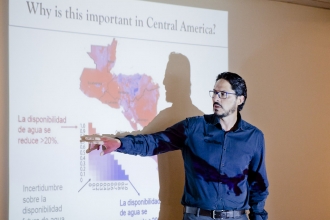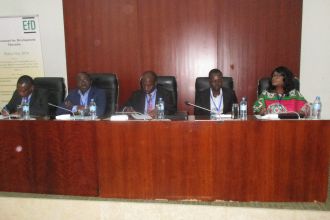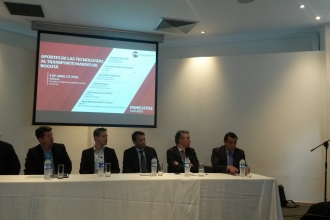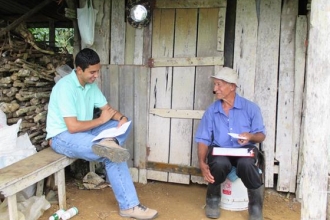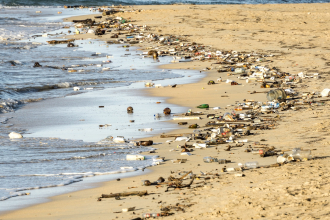
The Colombian Institute for Meteorology (IDEAM) launched the air quality report for Colombia at the host institution of EfD Colombia
On July 17th, 2018, the Director of the Colombian Institute for Hidrology, Meteorology and Environmental Studies (IDEAM in Spanish) presented at Universidad de Los Andes the air quality report for…

